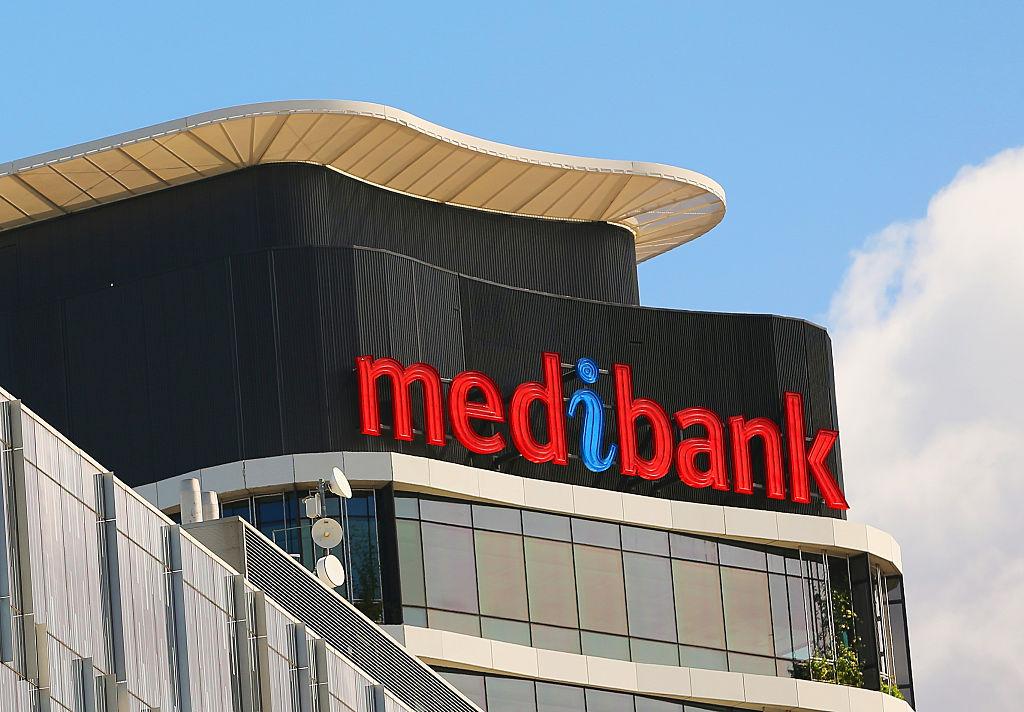The alleged hacker behind the Medibank data breach has demanded US$10 million for not releasing more customers’ personal information after posting 200 users’ health data on the dark web.
On early Thursday morning, the hacker posted a message on a dark web blog linked to the REvil Russian ransomware group, claiming:




